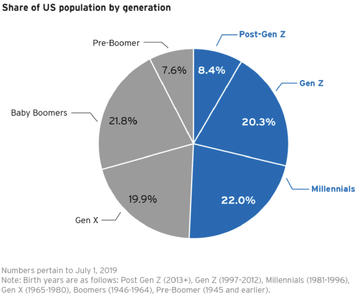superrific
Master of the ZZLverse
- Messages
- 12,182
It would be more effective if it wasn't primarily concerned with relitigating 2016. I mean, it's a broadside against the Democratic Party over a decade, all in a few paragraphs. That is never going to work, so we get passages like this:
Democratic Elites Embraced the Identity Politics They Decry
After eight years of using shallow “identity politics” as a cudgel against the Left, Democratic pundits and elected officials are now blaming leftists themselves for the fact that such politics took over the party.jacobin.com
Really good read regarding the identity politics piece of this.
"The reality is, the kind of divisive “identity politics” that Jentleson, Slotkin, and others in this crowd are complaining about was embraced by the centrist wing of the party as a strategy to halt Sanders and the movement behind him. Many of the same figures who embraced this approach in 2016 and 2020 now claim it sunk the Democrats in 2024."
That is not the reality, and it's almost laughable that it's being posed as such. The idea that the Democrats embraced what is being here called identity politics (you and I know that everything is identity politics) in order to beat Bernie Sanders is unreal. The Democrats have been embracing this politics for decades. Why did Clinton need a Sister Souljah moment? Identity politics. It was an attempt to disassociate himself from Jesse Jackson's Rainbow Coalition, which as the name implies, was heavily into minority identity politics. In fact, one could argue that it was little else but that. And Jesse was a major player in Dem politics back then.
The Dems did not need a conspiracy to defeat Bernie, and this soft "stop the steal" stuff that still persists is really fucking annoying. To this author, I would say: make your point. Quit with the nonsense theories about Dems inventing ways to defeat Bernie even if it meant we would lose the general. That's bullshit. It always has been bullshit. If you want to take a Bernie-style message to the people, argue that point. Stop playing victim.

